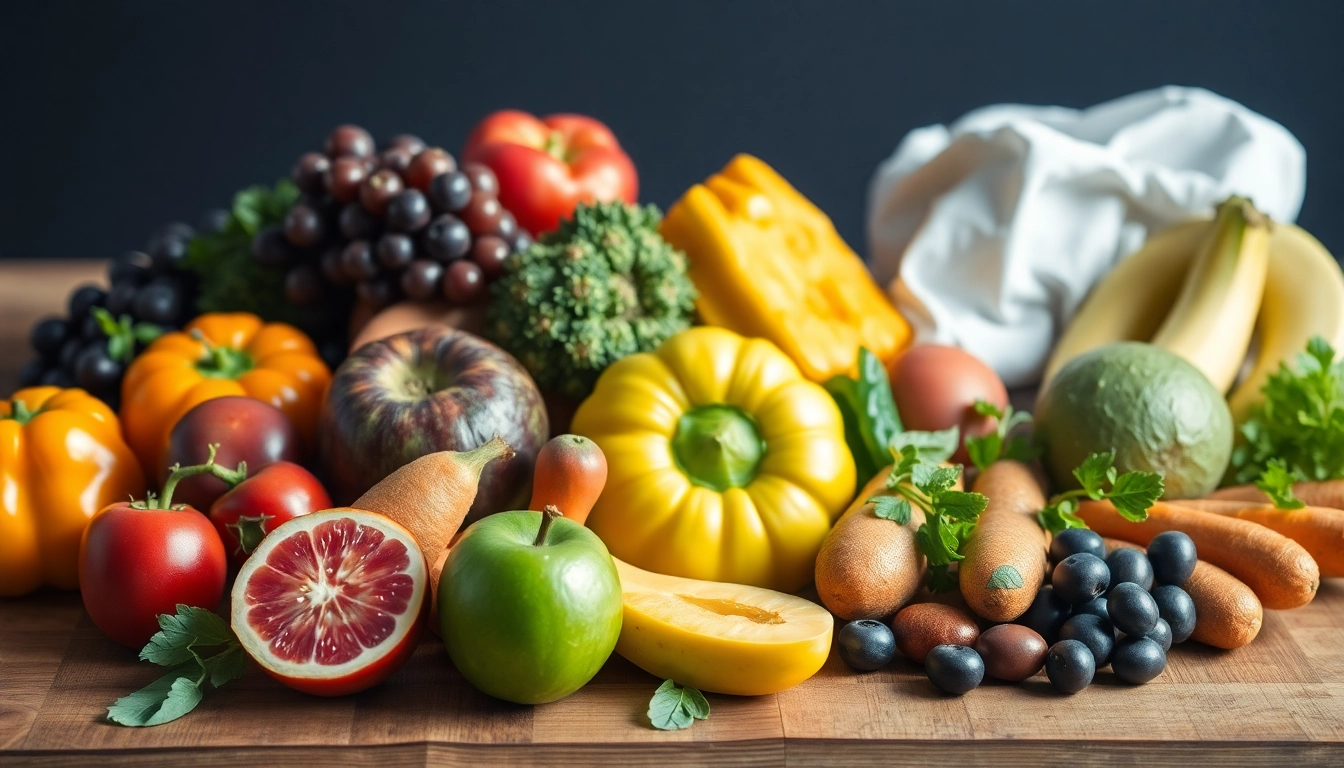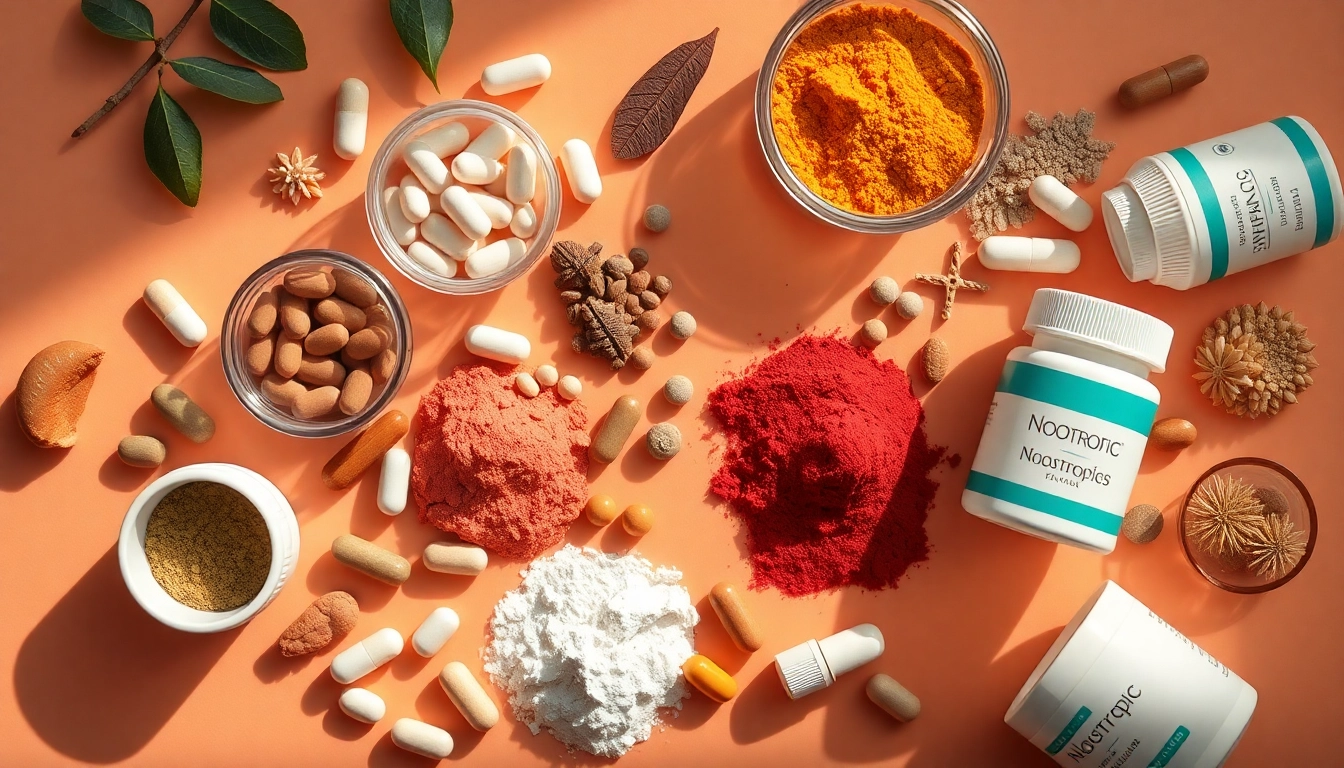Understanding Antioxidants
What Are Antioxidants?
Antioxidants are substances that play a crucial role in maintaining our health by protecting our cells from damage caused by free radicals. Free radicals are unstable molecules that can result from various processes in the body, including metabolism, as well as from external sources like pollution, radiation, and cigarette smoke. The body naturally produces antioxidants to combat free radicals; however, the presence of antioxidants in our diet, especially from antioxidants rich foods, can significantly enhance this protective effect.
The Role of Antioxidants in Health
Antioxidants are vital in reducing oxidative stress, a condition that occurs when there is an imbalance between free radicals and antioxidants in the body. Chronic oxidative stress can lead to inflammation and has been associated with a range of diseases, including heart disease, diabetes, and cancer. By neutralizing free radicals, antioxidants help prevent cellular damage, promoting overall health and longevity.
Common Types of Antioxidants
There are several types of antioxidants, which can be categorized into two primary groups: nutrients and non-nutrients. Nutrient antioxidants include vitamins C and E, selenium, and carotenoids. Non-nutrient antioxidants consist of compounds found in various plant-based foods, such as flavonoids and polyphenols. Each type of antioxidant has unique properties and benefits, working synergistically to combat oxidative stress and support health.
Benefits of Antioxidants
How Antioxidants Combat Free Radicals
Antioxidants combat free radicals primarily through their ability to donate electrons. Free radicals are highly reactive and seek out electrons to stabilize themselves. Antioxidants can donate one of their electrons without becoming unstable themselves. This electron donation neutralizes free radicals, preventing them from causing further damage to cellular components such as DNA, proteins, and lipids.
Antioxidants and Chronic Disease Prevention
Numerous studies have linked a diet rich in antioxidants to a reduced risk of chronic diseases. For example, antioxidants are thought to play a role in reducing the risk of heart disease by minimizing oxidative stress and inflammation in cardiovascular tissues. Research has shown that higher intake of antioxidant-rich foods like berries, nuts, and green leafy vegetables correlates with a lower risk of chronic conditions, including certain types of cancer, neurodegenerative diseases, and diabetes.
Improving Overall Well-Being with Antioxidants
In addition to disease prevention, antioxidants contribute to overall well-being by enhancing immune function and skin health. Foods rich in antioxidants can help to boost the immune response, allowing the body to fend off infections more effectively. Moreover, antioxidants like vitamins C and E are known to play a role in maintaining skin elasticity and reducing signs of aging by neutralizing free radicals that contribute to skin damage.
Natural Sources of Antioxidants
Top Fruits Rich in Antioxidants
Fruits are among the best sources of antioxidants. Berries, such as blueberries, blackberries, and strawberries, are particularly high in antioxidants due to their rich content of flavonoids and vitamin C. Other fruits like pomegranates, cherries, and grapefruits also provide significant antioxidant benefits. Including a variety of colorful fruits in your diet can help ensure an ample intake of different antioxidants, each offering unique health benefits.
Vegetables Packed with Antioxidants
Many vegetables are extremely rich in antioxidants, with dark leafy greens, colorful peppers, and cruciferous vegetables like broccoli and kale being among the top choices. Vegetables contain a range of phytonutrients and vitamins that contribute to antioxidant activity. Consuming a wide variety of vegetables can help enhance your overall health and reduce the risk of chronic diseases.
The Role of Herbal and Spiced Antioxidants
Herbs and spices are not only flavorful additions to meals but are also potent sources of antioxidants. Turmeric, ginger, cinnamon, and garlic are well-known for their antioxidant properties. For instance, turmeric contains curcumin, which has been shown to have significant anti-inflammatory and antioxidant effects. Incorporating various herbs and spices into your cooking can enhance the antioxidant content of your meals.
Incorporating Antioxidants into Your Diet
Tips for Adding Antioxidant-Rich Foods
Incorporating antioxidant-rich foods into your diet can be simple and enjoyable. Start by including a variety of colorful fruits and vegetables in your meals. Aim to fill half your plate with these foods at each meal. You can also snack on nuts and seeds, which are high in selenium and other antioxidants. Additionally, consider experimenting with different herbal teas, which can offer a substantial amount of antioxidants.
Antioxidant Supplements: Do They Work?
The effectiveness of antioxidant supplements is a topic of ongoing research and debate. While some studies suggest that certain antioxidants, like vitamins C and E, can be beneficial when obtained from food, others find that supplements do not provide the same protective effects. It’s essential to focus on obtaining antioxidants primarily through whole foods, which provide a complex array of nutrients and co-factors that work synergistically for optimal benefits.
Delicious Recipes Featuring Antioxidants
Getting creative in the kitchen can also help you integrate more antioxidants into your diet. Consider trying recipes that highlight antioxidant-rich ingredients. For example, you could make a smoothie using spinach, blueberries, and almond milk, or a hearty salad featuring kale, pomegranate seeds, and walnuts. Stir-fries with colorful peppers and broccoli, seasoned with fresh ginger and garlic, can also be a great way to load up on antioxidants while enjoying delicious flavors.
Frequently Asked Questions About Antioxidants
What Foods Are Highest in Antioxidants?
The foods highest in antioxidants include berries, dark chocolate, artichokes, kidney beans, and various nuts, particularly pecans. Other foods packed with antioxidants are spinach, red cabbage, and beets. Consuming a diverse diet filled with these foods can help ensure you receive a spectrum of antioxidants.
Do Antioxidants Improve Skin Health?
Yes, antioxidants can significantly improve skin health. Vitamins C and E, along with beta-carotene, can protect skin cells from damage caused by UV rays and pollution. They also support collagen production and can help to reduce signs of aging. Using skincare products that contain antioxidants or consuming antioxidant-rich foods can be beneficial for maintaining healthy, youthful skin.
How Many Antioxidants Should You Consume Daily?
While there isn’t a specific recommended daily allowance (RDA) for antioxidants, aiming for a well-balanced diet rich in fruits, vegetables, whole grains, nuts, and seeds should provide adequate amounts of these beneficial compounds. Eating a variety of colorful foods daily ensures you cover a broad spectrum of antioxidants, crucial for optimal health.



